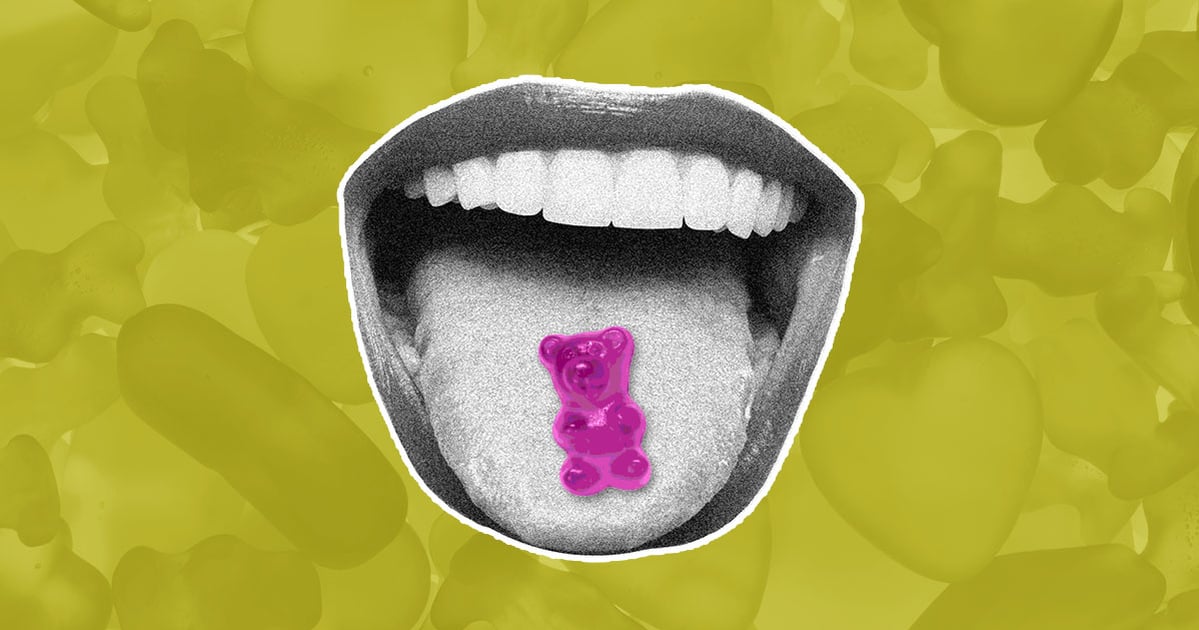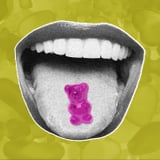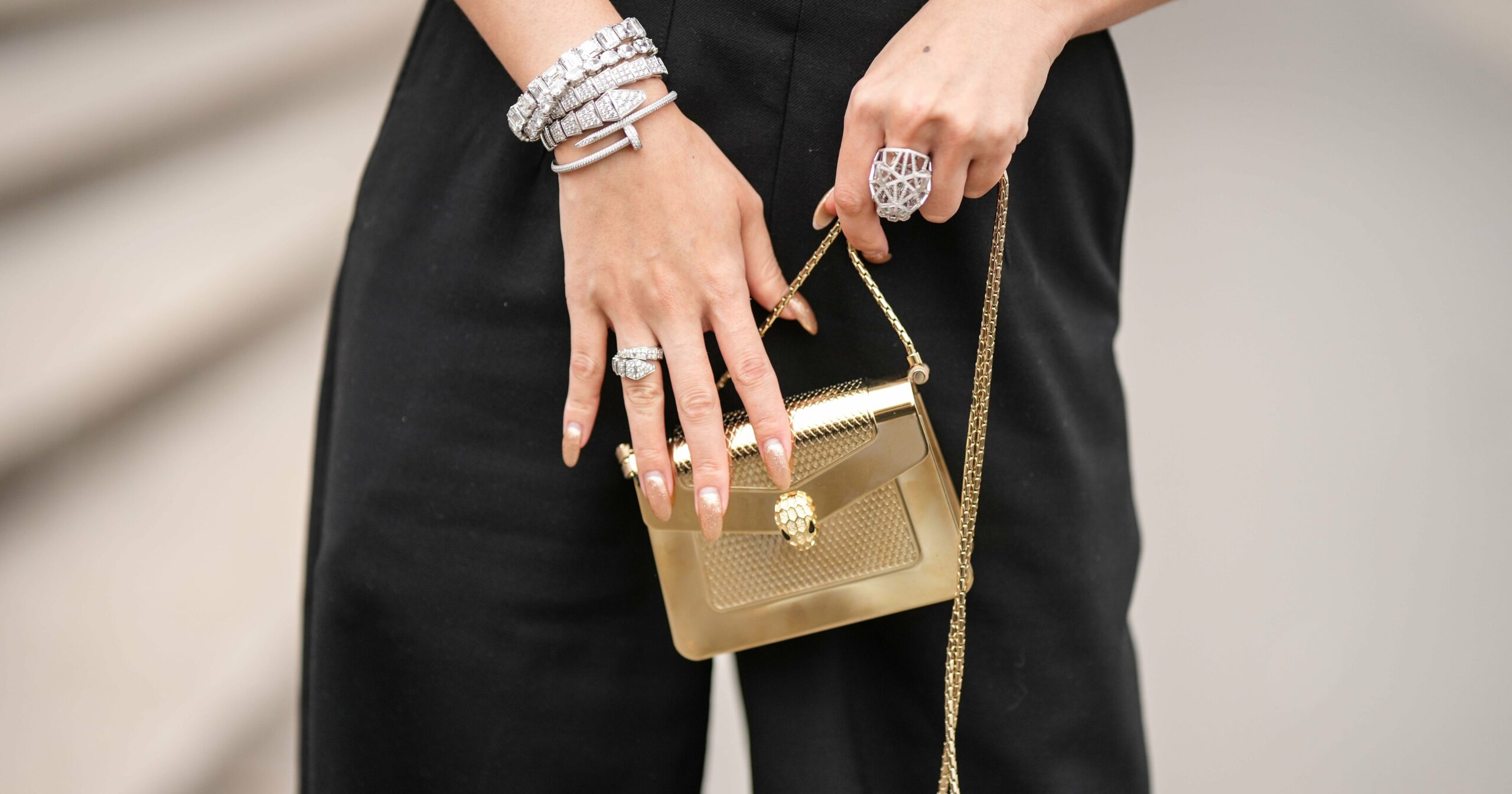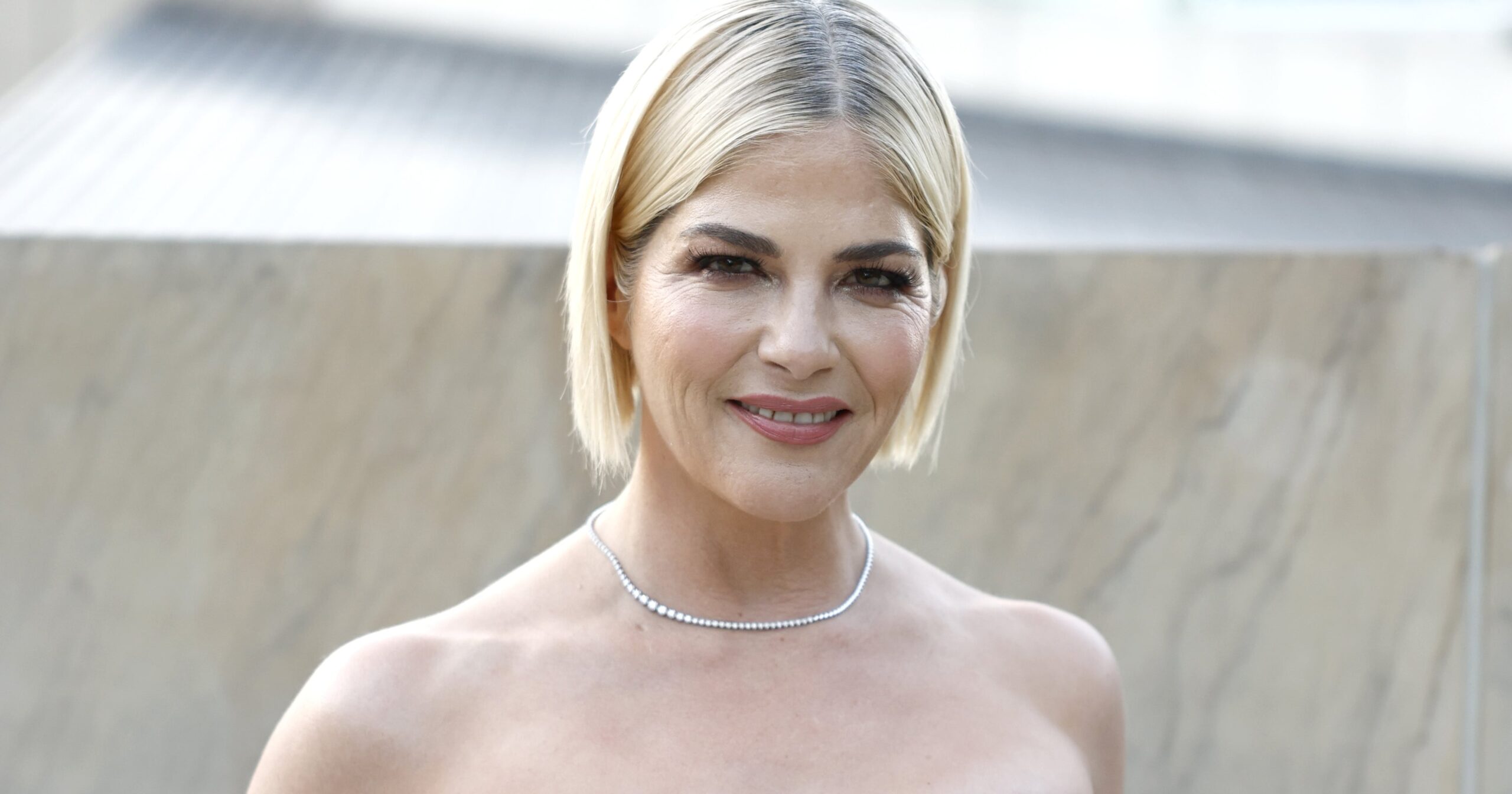I may be a health editor, but it took me a while to trust the concept of a good-for-you gummy. You have to admit, it does feel like a bit of an oxymoron. Candy gummies are notoriously void of nutrition and packed with sugar and artificial flavoring. But you don’t think about any of that when you’re half a bag deep in bear-shaped sweets (and rightfully so).
That said, you can’t blame me for being a tad skeptical of gummy supplements, especially when I watch my husband pop his daily multivitamins like they’re old-school Chiclets – pouring generously and without care. In an effort to rid myself of the bias, I decided to have a chat with the experts, tapping two registered dietitians to weigh in on the gummy stigma.
Experts Featured in This Article:
Lauren Manaker, RD, is a registered dietitian and PS Council member.
Sarah Glinski, RD, is a Canada-based dietitian specializing in gut health.
“Generally, when you’re delivering a vitamin or mineral, we just we want to get into the body, right? So whether it’s from food or from a swallowable supplement or from a gummy supplement, as long as it’s being delivered, [that’s what matters],” says Lauren Manaker, RD, a PS Council member. According to Manaker, gummies can be particularly beneficial for people who have trouble swallowing pills, those who have supplement fatigue if they’re taking a lot of supplements, and those who are on-the-go and don’t always have access to liquids to swallow pills.
“For a lot of the gummies, the form of the nutrient is the same as what you would get in that pill form,” Manaker says. But there are a few caveats. For example, gummy vitamins don’t contain certain nutrients or enough of certain nutrients – including magnesium, calcium, and iron – because they can affect the taste of the gummy, says Sarah Glinski, RD. Additionally, “sometimes with certain nutrients, they’re very bulky, and we can’t fit that much in the gummy,” Manaker says. Checking the labels for dosage amount and third-party testing (for efficacy) is crucial. Manaker also tends to caution clients about overconsumption. “That’s a risk with gummies, they taste good, so you want to eat more. But more isn’t always more.”
So how do ensure that your gummies are doing the work you want them to? You can start by reading the label and asking your doctor to vet them. But you can also use our ranking system (from Glinksi and Manaker) to determine where some of the most popular gummies (supplement or not) stand on the seriousness scale.
Just-For-Fun Gummies
- Haribo Goldbears ($2): Not a supplement. Just a classic gummy we’re using as a control to understand where our rankings fall. No health benefits, but enjoyable to eat.
- Goli Apple Cider Vinegar Gummies ($16): There’s very little research on the efficacy of ACV in gummy form. That said, these won’t hurt you either. They contain folic acid, vitamin B12, and are relatively low in sugar (1 gram per gummy).
The Gummies With Potential
- Vital Protein Collagen Gummies ($17): These gummies only contain 2.5 grams of collagen in four gummies, which experts don’t consider sufficient. Results will take time and depend on consistent use. Experts prefer the powdered form of collagen for a more effective dose. Per Glinksi, Vital Proteins powdered collagen peptides ($20) is fantastic and dissolves well in both hot and cold liquids. It contains 20 grams of collagen per 4 tbsp serving.
- Pepcid Heartburn Gummies ($10): These are calcium-based, and calcium is known to help manage acid reflux. So these could absolutely work for the occasional heartburn.
- Lemme Debloat Gummies ($30): These contain two evidence-based probiotic strains: Bacillus subtilis DE111, which can promote digestive and immune health, and Bacillus coagulans MTCC 5856, which reduces gas and bloating in adults. So these gummies may be beneficial for people who experience bloating and gas, but efficacy and results may vary.
The Most Reliable Gummies
- Olly Maximum Strength Sleep Gummies ($18): These are good for people who struggle to get to sleep, but don’t want to rely on prescription sleeping pills. The 10 mg dose of melatonin is not only effective, but the gummies also contain L-theanine, which studies show can help with sleep.
- Nature Made Magnesium Glycinate Gummies ($21): You’ll get about 25 percent of the daily value of magnesium, but the magnesium in these supplements is magnesium bisglycinate, which is much gentler on the stomach than other forms of magnesium, so it’s a good option if you have a sensitive stomach.
Alexis Jones (she/her) is the section lead of the health and fitness verticals at Popsugar, overseeing coverage across the website, social media, and newsletters. In her seven-plus years of editorial experience, Alexis has developed passions for and expertise in mental health, women’s health and fitness, racial and ethnic disparities in healthcare, and chronic conditions. Prior to joining PS, she was the senior editor at Health magazine. Her other bylines can be found at Women’s Health, Prevention, Marie Claire, and more




